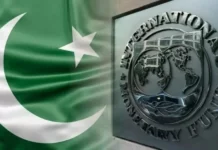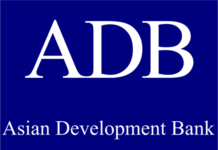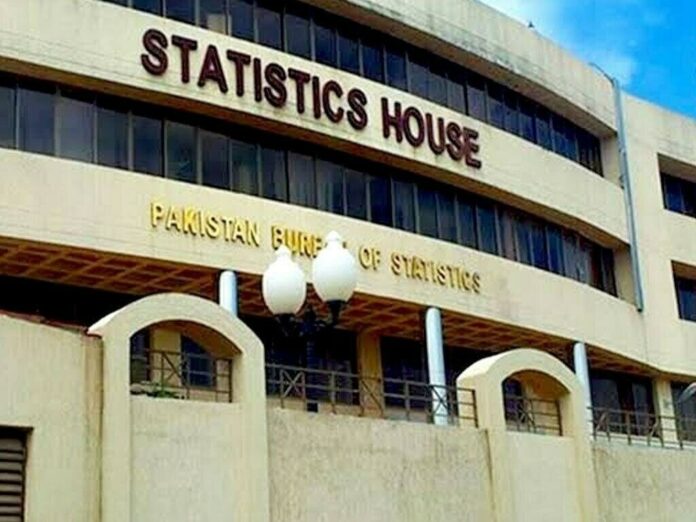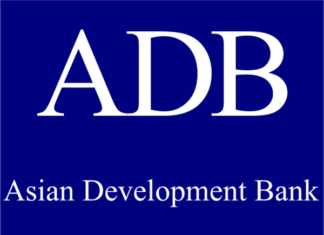Minister for Planning, Development, and Special Initiatives, Professor Ahsan Iqbal, reaffirmed the government’s commitment to modernising the Pakistan Bureau of Statistics (PBS) into a comprehensive data hub aimed at promoting economic growth and social welfare.
Speaking at an event organized by PBS to mark World Statistics Day, Iqbal emphasized the importance of real-time, accessible data for the public, private sector, and researchers. He stressed that transparent and reliable data is essential for informed decision-making, efficient governance, and effective policy formulation.
The minister outlined the government’s vision of transforming PBS into a national data hub that provides strategic insights for development planning, particularly under the “URAAN Pakistan” initiative, which focuses on data-driven strategies for national growth.
Iqbal highlighted the 2023 digital census, calling it a milestone in national data collection. He noted that 61% of Pakistan’s population lives in rural areas, underlining the need for targeted policies to improve education, healthcare, and urban planning.
The minister pointed to the challenges of managing the country’s growing urban population and addressing the needs of 25 million out-of-school children. He also underscored the importance of strengthening the agriculture sector, with a focus on improving crop yields, developing the livestock industry, and ensuring food security.
Additionally, Iqbal emphasized the role of data in shaping national strategies for employment generation, public service, and problem-solving. He affirmed that making data accessible empowers policymakers to make informed decisions, helping to address key issues like education, health, and infrastructure development.
The minister announced the launch of a new PBS website, aimed at providing easy access to statistical data, which will play a crucial role in better policy-making and socio-economic planning. He called for adopting international best practices in data collection to ensure transparency, credibility, and statistical literacy.
Iqbal concluded by reiterating the significance of data in shaping the future of sectors like agriculture, urban planning, and economic policy, as well as the role of initiatives like URAAN Pakistan in supporting national development goals.























